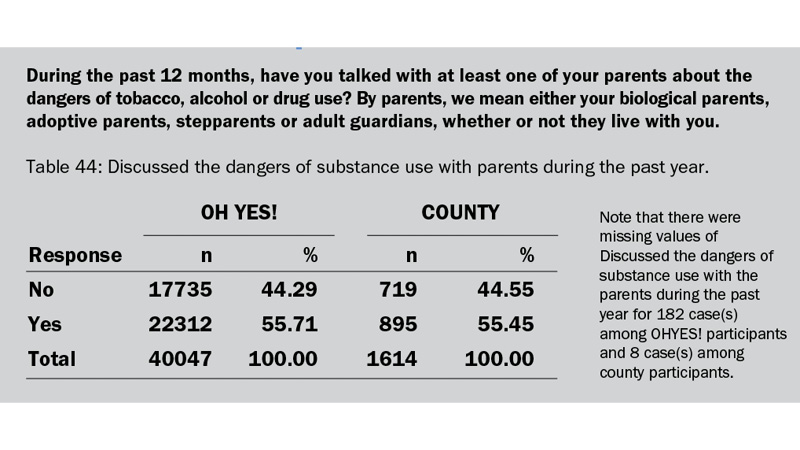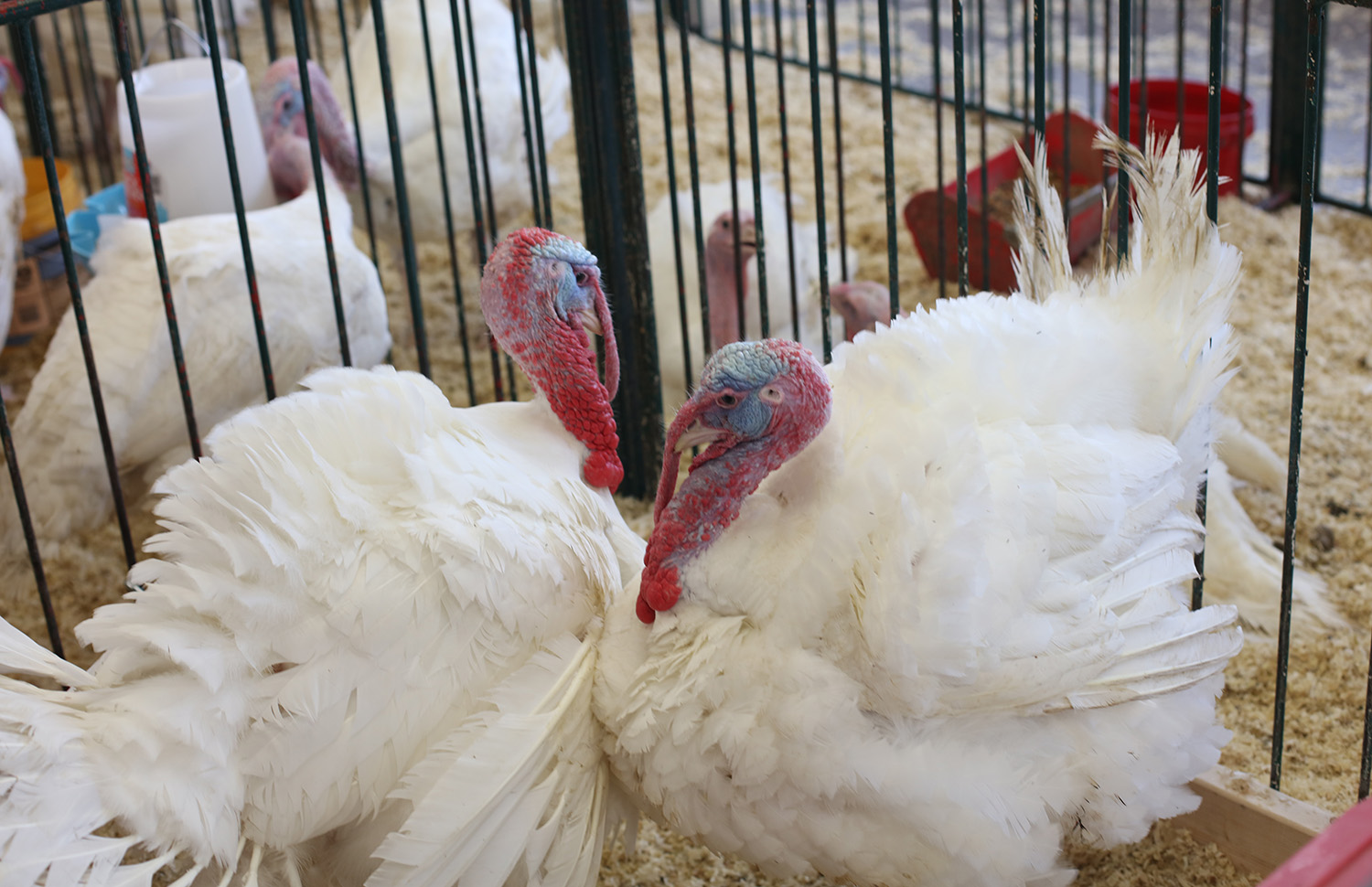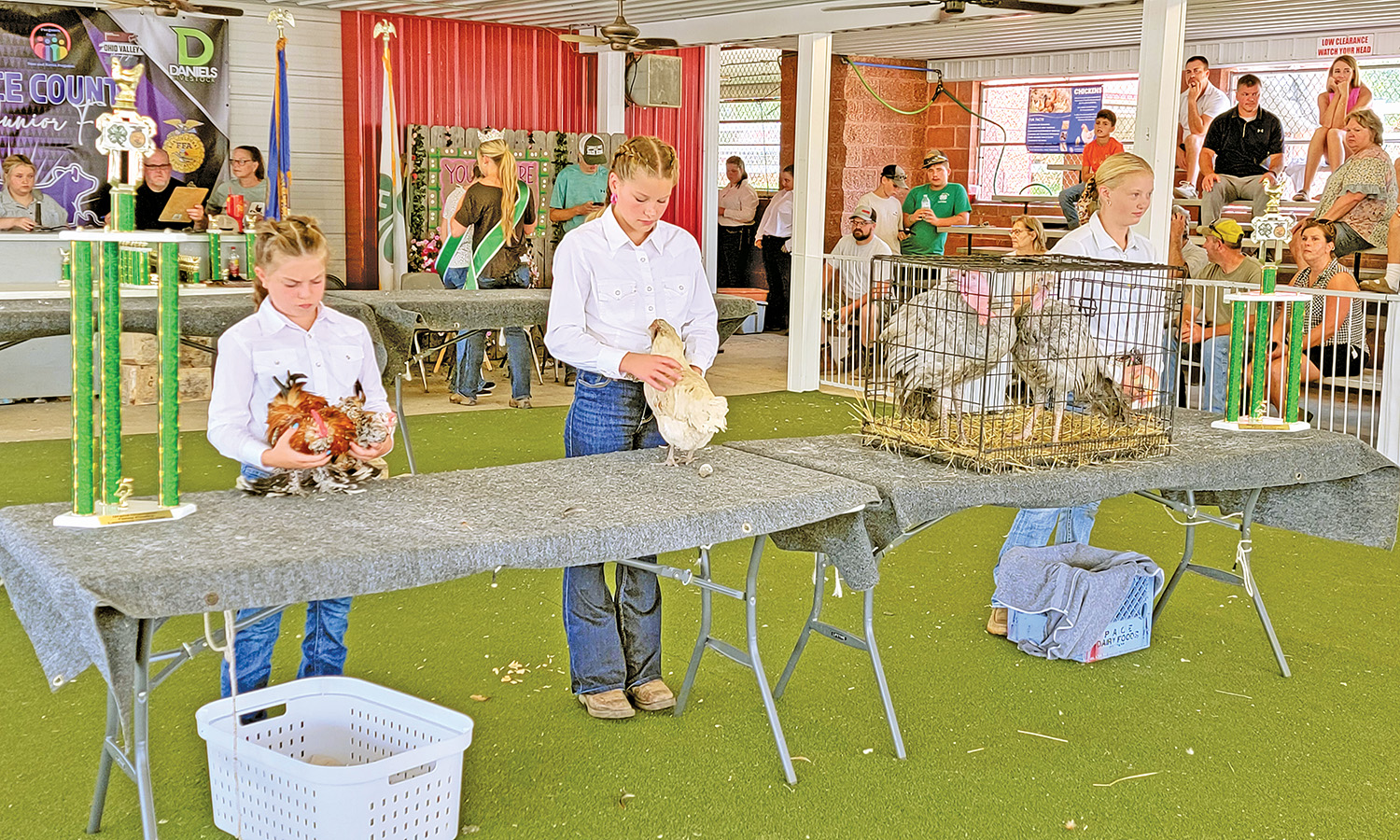Coalitions to combat substance use
Published 5:00 am Wednesday, June 19, 2024
By Joseph DiCristofaro
The Ironton Tribune
Two local coalitions in Adams and Lawrence are combating the underage drinking problem that hampers many communities across the nation.
“What we know nationally is that underage use of alcohol is the nation’s number one substance use priority and that sometimes gets lost while we’re in the opioid epidemic,” said Holly Raffle, Lead Evaluator of The Strategic Prevention Framework-Partnerships for Success. “We know that opioids cause that immediate effect or impact of death, however alcohol effects slowly over time.”
In 2020 the Adams County Medical Foundation along with Impact Prevention in Lawrence County collaborated with the Voinovich School of Leadership and Public Service at Ohio University to win a $1.5 million award from the United States Substance Abuse and Mental Health Services Administration.
With that funding, the two organizations worked together to prevent and reduce the onset of substance use issues in rural Appalachian, Ohio. The grant expires soon, as it is a five-year grant.
“A lot of capacity was built up with the grant so even if there is no other funding that comes, both coalitions believe that they can continue working in some way shape, or form,” Raffle said. “That is a good sign that there has been local capacity built and local funds dedicated to the initiative.”
There are several ways that underage alcohol use can be combatted. These groups utilize the “Talk. They Hear You” underage drinking campaign.
“It’s a campaign from the Substance Abuse and Mental Health Services Administration,” Raffle said. “What it is designed to do is to address one of the most common protective factors that prevent people from engaging in underage drinking, and that’s having conversations with a trusted adult.”
The “Talk. They Hear You” campaign has proven effective for the groups in several ways assisting the youth in the area who are underage drinking or may be at risk.
“When adults in the lives of young people communicate their expectations clearly and they talk about underage drinking, young people listen,” Raffle said. “We’ve seen the age that someone first experiments with alcohol decrease, we’ve also seen the 30-day use of alcohol decrease and we’ve seen the increase in the number of conversations people have had with a trusted adult.”
To find out more about underage drinking issues that were present in each coalitions area, they contacted local school districts to present a survey to students to see what young people thought the problem for their age range was.
“It’s important to have young people tell us what they think the issues that they’re facing are and a great way to figure that out is a survey,” Raffle said. “Data is powerful and what they found is that most students are not engaging in that behavior, however, it’s good to know those individuals who are, so we can support those individuals.”
The coalitions knew that communication is a powerful tool in small communities and that it can be effective in solving current issues. “We did focus groups, two with parents and two with young people,” said Mollie Stevens of Impact Prevention.
“They hosted listening sessions, they shared the data from the surveys, and what they found from young people is that they’re saying they aren’t having those conversations with their parents,” Raffle said. “When they held these sessions with adults, they found out that most adults didn’t know what to say or how to start that conversation.”
As a result of these surveys and programs, Impact Prevention has seen notable results that show that the programs are having a positive effect.
“In our survey outcomes we have seen an increase in our kids saying that their parents have talked to them in the past 12 months about substance use being dangerous,” Stevens said
Raffle said that with the federal grant ending soon both coalitions have built infrastructure and connections in the communities that will allow them to continue their work, along with applying for other grants.
“Both groups have done amazing work,” Raffle said. “Their data is showing that the work they did matters.”






